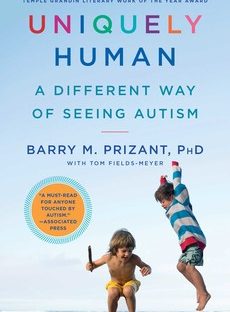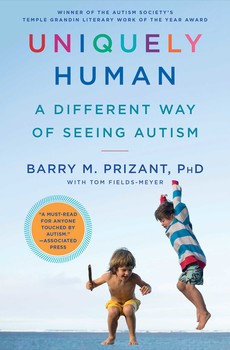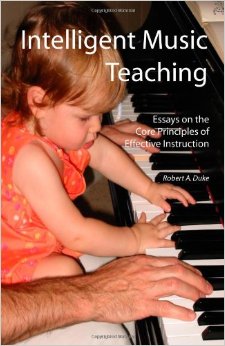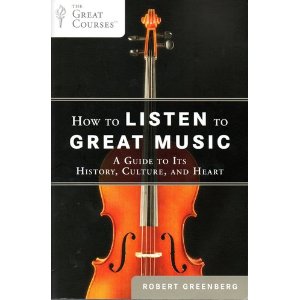You might be wondering why I’m reviewing a non-piano-related book here on my blog. Bear with me – the reasons will become clear in a moment!

I remember hearing about this New York Times Bestseller when it came out in 2014. Although it sounded interesting to me at the time, I’m reading it for the first time recently. After finding out we were pregnant last summer and soon afterwards experiencing the woes of first trimester nausea and occasional midnight insomnia, I was suddenly on the hunt for an ebook I could read in bed on my phone without disturbing my sleeping husband. I liked the idea of reading something related to our new adventure as soon-to-be-parents, but was looking for something less information-driven than classics such as “What To Expect When You’re Expecting“. After seeing a recommendation for “Bringing Up Bébé” and reading its reviews on Amazon, I felt this book was just what I was looking for.
In this book, the author, journalist Pamela Druckerman, recounts her experience as an American raising a baby (and later, two more) in France. Soon after moving to Paris, she began noticing certain stark differences in child-rearing approaches in France compared to those typical in the United States. She started paying attention to this and asking questions — even stashing a notebook in her diaper bag — and investigating to see if she could learn more about how the French parent their children.
Druckerman noticed French children are generally well-behaved in public, waiting calmly for meals to arrive and waiting their turn to speak. French children enjoy a diversity of prepared vegetables, proteins, and salads and are accustomed to eating meals served in courses alongside their parents at designated times (8am, noon, 4pm snacktime, and 8pm), while American parents often expect their children might refuse to eat much else besides “kid food” (such as mac and cheese, chicken fingers, and snack food). French children are encouraged to be autonomous and independent in their play, being allowed more room to become absorbed and find pleasure in an activity for its own sake. In contrast, American parents might follow their children around the playground, delivering praise for mundanities such as going down the slide or tying their shoes. While French babies learn to “do their nights” around three months of age, American parents expect to function (or perhaps, not function) in a sleep-deprived manner for a year or more until baby begins to sleep through the night.
Continue reading “Book Review – Bringing Up Bébé: One American Mother Discovers the Wisdom of French Parenting”







